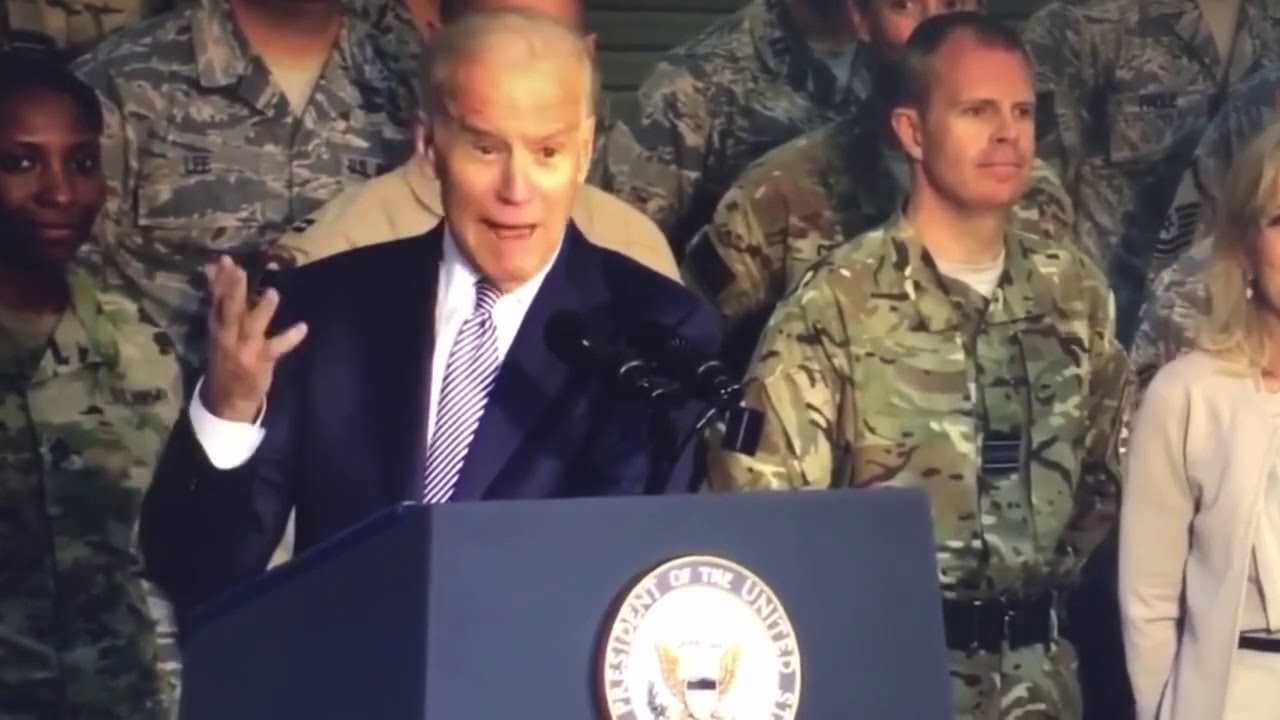In a move that has sparked widespread backlash, the Biden administration has blocked a proposal aimed at providing a significant pay raise for U.S. troops, citing budgetary constraints and other pressing defense needs. The decision, part of the broader H.R. 8070 bill, has left many service members and advocates deeply disheartened and vocal about their discontent.
The proposed legislation, officially named the “Service-member Quality of Life Improvement and National Defense Authorization Act for Fiscal Year 2025,” was designed to authorize appropriations totaling $884.9 billion for the next fiscal year. While these appropriations covered a range of military functions and defense activities, the provision to increase troop pay did not receive the administration’s endorsement.
According to the Congressional Budget Office (CBO), H.R. 8070 would allocate $883.7 billion for military functions and an additional $1.2 billion for non-defense activities in 2025. The bill also outlined personnel levels for active-duty and selected-reserve components and extended various bonuses and allowances to military personnel. Notably, it included changes to compensation and health care benefits for military personnel and their families, which were significant points of attention during its drafting.
No servicemember should ever struggle to feed their family or afford housing.
The FY25 #NDAA will boost servicemember compensation w/ a 15% pay raise for junior enlisted servicemembers, expand allowances for housing & food, & improve the cost of living calculation. pic.twitter.com/X3Hmw4mH66
— Armed Services GOP (@HASCRepublicans) April 11, 2024
One of the standout provisions of the bill was a proposed increase in monthly basic pay for junior enlisted members of the uniformed services. The CBO estimated that implementing this pay raise would cost $24.4 billion over the 2025-2029 period. Specifically, enlisted members in pay grade E-5 with less than 10 years of service would see a 7 percent increase, while those in grades E-1 to E-4 would receive a more substantial 15 percent increase. Despite these projections, the Biden administration deemed the proposed pay raise fiscally unfeasible given the current budgetary constraints.
“The $883.7 billion authorized by H.R. 8070 for defense programs in 2025 is less than the $895.2 billion discretionary funding cap for defense programs specified in section 101 of Public Law 118-5, the Fiscal Responsibility Act of 2023,” notes the CBO report.
The decision has drawn sharp criticism from various quarters. Military advocates argue that the pay raise is crucial for maintaining morale and ensuring that service members are adequately compensated for their sacrifices. Representative Matt Gaetz (R-FL) voiced his frustration, stating, “Joe Biden must hate our military. While families of our junior enlisted struggle on food stamps, this administration opposes their pay raises and wants to force-feed them pronoun training and drag queen story hour. If Biden had any PRIDE at all in our troops, he’d support the long overdue pay raise House Republicans have passed”.
Adding fuel to the fire, critics point to the administration’s substantial financial support for Ukraine amid its ongoing conflict with Russia. The U.S. has committed approximately $44.2 billion in security aid, including weapons and training, and around $22.9 billion in direct financial support to the Ukrainian government. Additionally, $2.3 billion has been allocated for humanitarian efforts. In total, Congress has passed aid packages amounting to over $113 billion.
This disparity between domestic troop support and international aid has intensified the debate on where the administration’s priorities lie. As service members grapple with financial hardships, the rejection of their pay raise proposal feels like a stark betrayal to many.
The controversy underscores a broader issue: the balancing act of national defense budgeting and the prioritization of resources. For now, the administration’s decision has left a bitter taste in the mouths of those who serve, prompting calls for reconsideration and a reevaluation of fiscal policies that impact America’s armed forces.


Leave a Comment